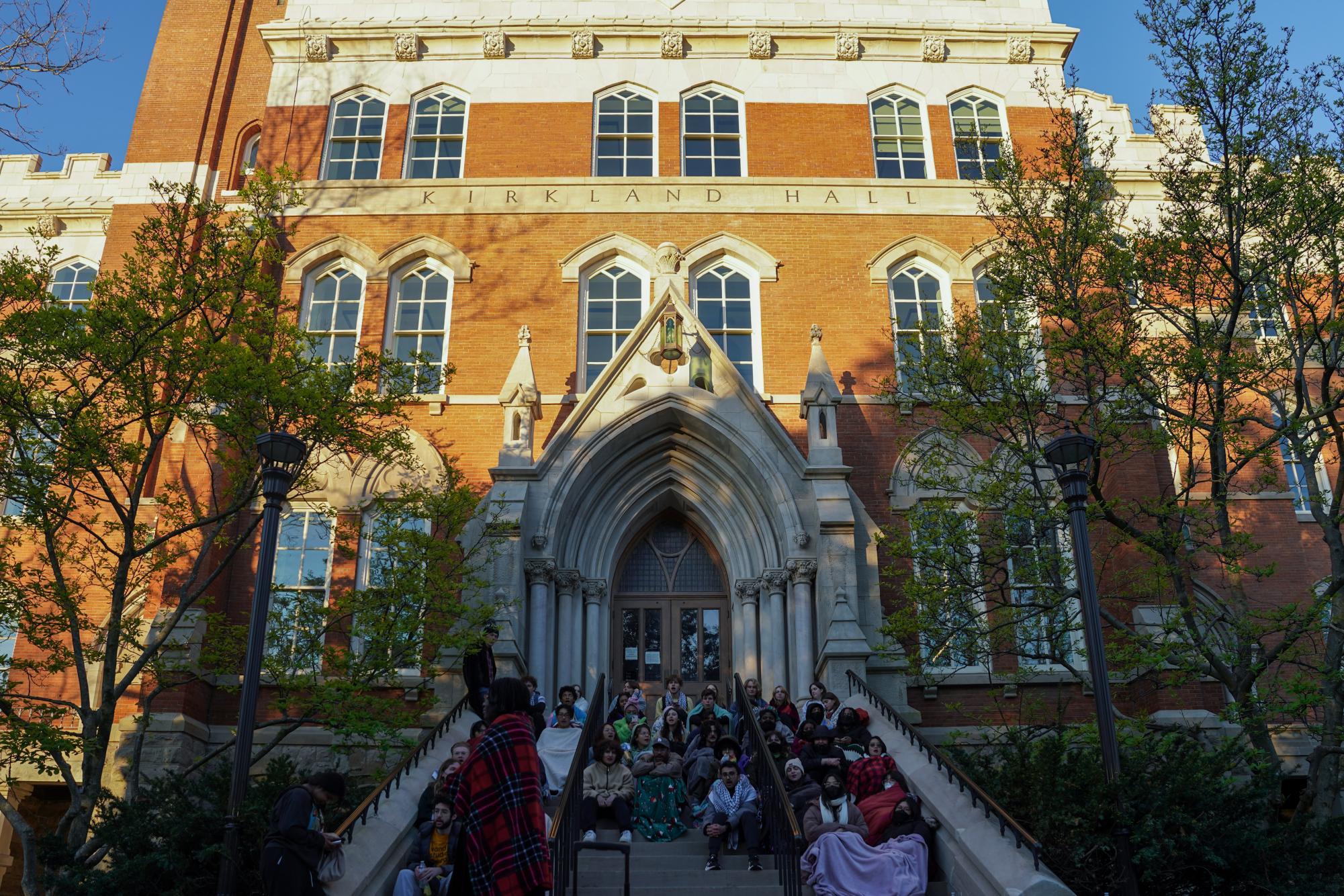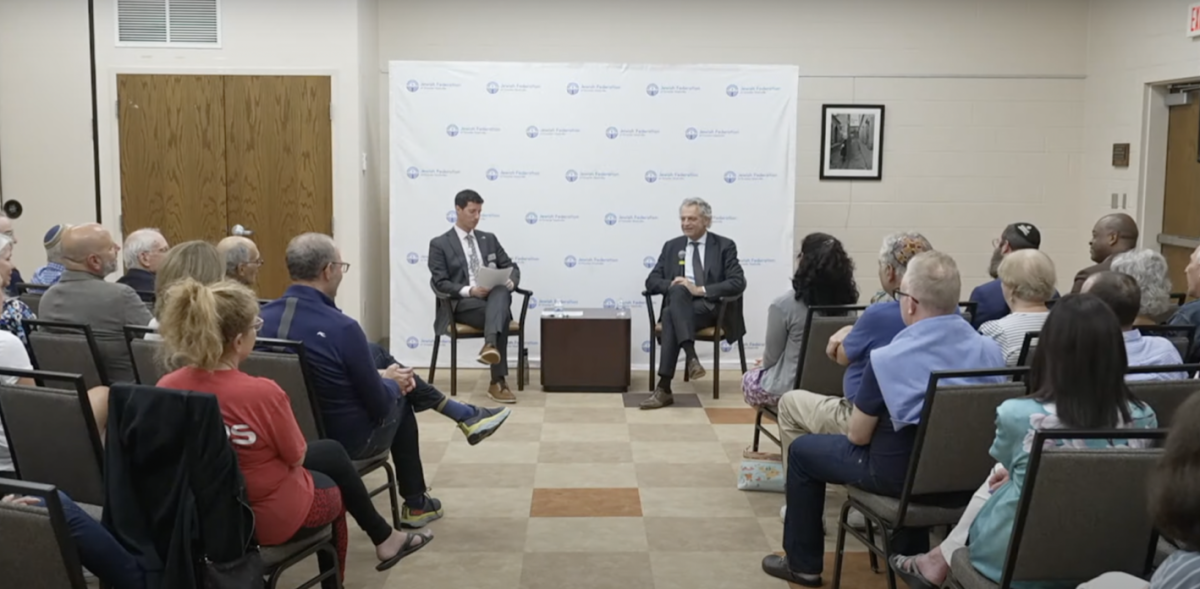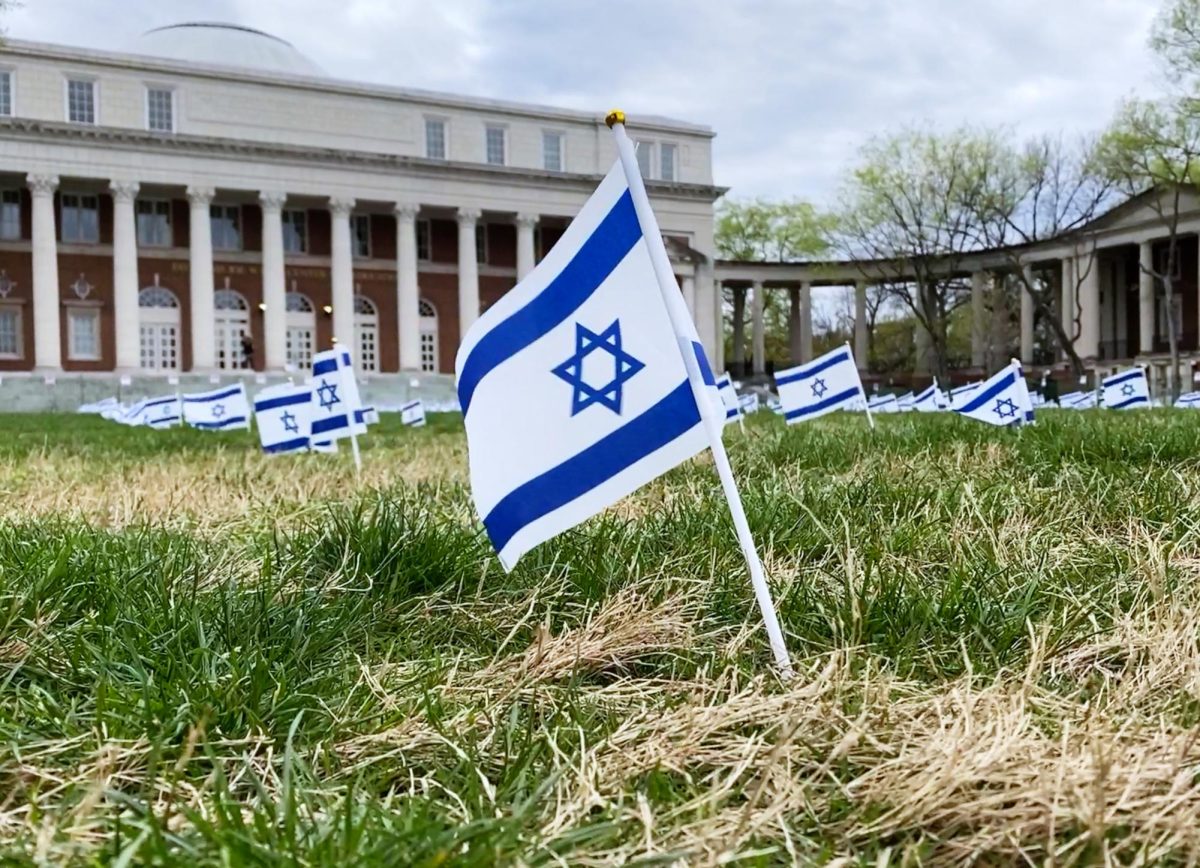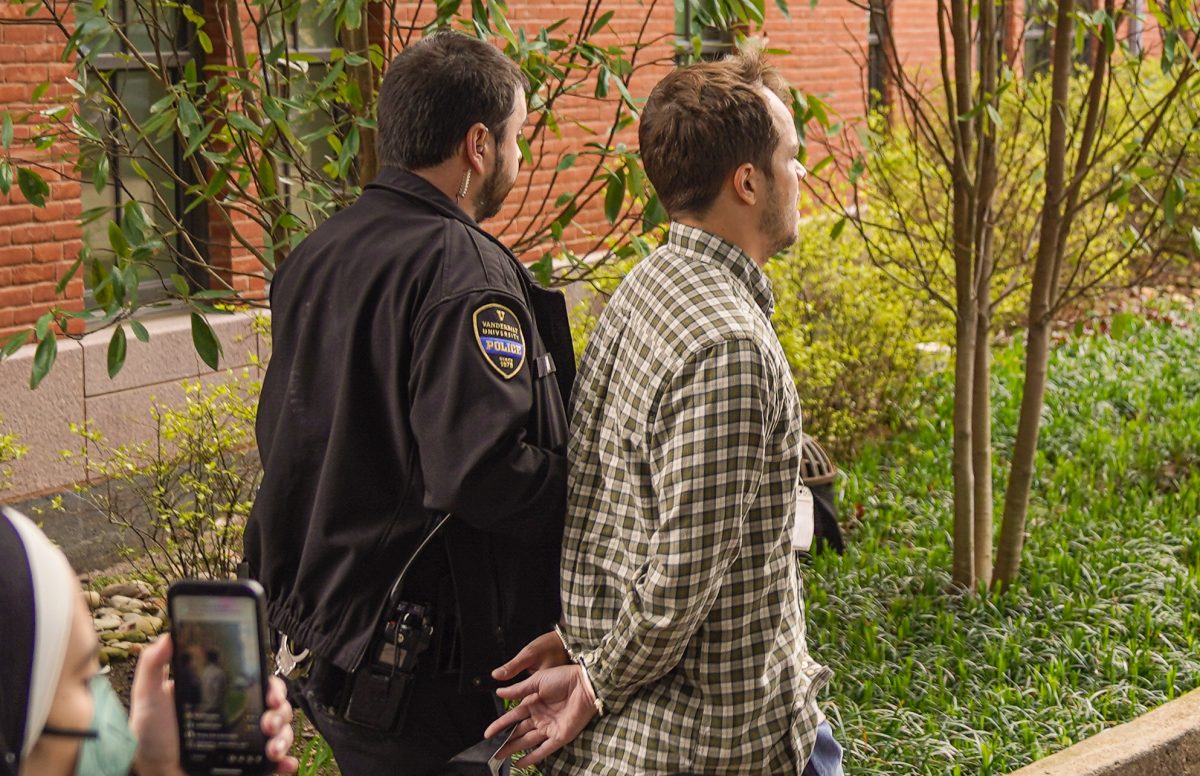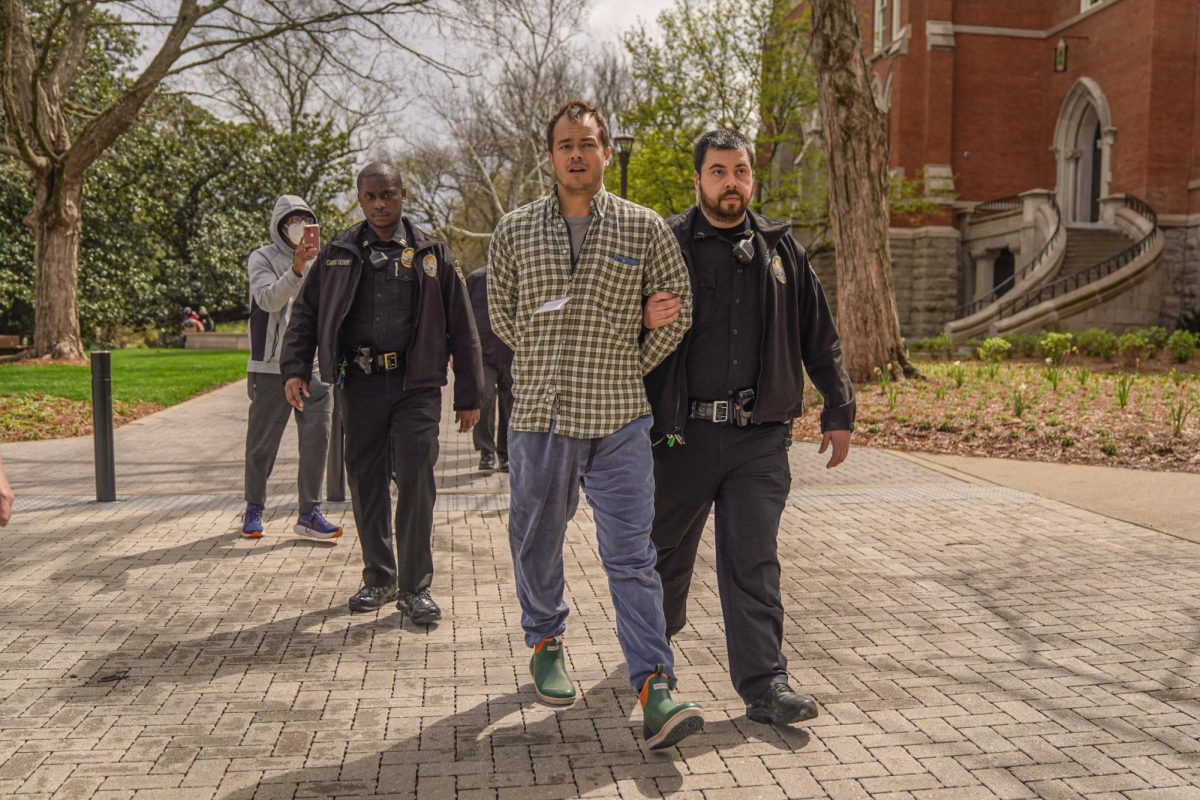Dear Editor,
It has been a week since student protestors with the Vanderbilt Divest Coalition began a self-titled “occupation” of Kirkland Hall, where a group of students brazenly assaulted an officer, urinated in bottles in a public hallway and vandalized a building; filming and publicly circulating their actions in the process.
Vanderbilt’s reputation is tied to its ability to educate its students. In their intellectual hubris, these activists circumvented free inquiry and critical thinking, opting for mob-like activism. To preserve the university’s legitimacy, administrators must be more assertive in guiding students toward more substantive forms of discourse.
One need not debate the justifications for Israel’s actions to note the peculiarity that students residing in Nashville, Tenn., some 6,000-odd miles from the site of the conflict in Gaza, are willing to risk their academic careers to chant “Free Palestine” to their university administrators. Though their arguments are weak, there is elaborate symbolism in the calls for the boycott and condemnations of the Jewish state that rang from Kirkland Hall last week.
Some of the students participating in this demonstration appear to treat Israel as yet another progressive cause against which to demonstrate, as with fossil fuels and Greek Life in years prior. Others seem to hold an even stronger stance, such as believing Israel is diametrically opposed to their worldview.
But, alas, all of these protestors seem to share a common understanding that activism, not learning, is the best approach to advance their grievances against the Jewish state. Their 21-hour struggle session is but the latest evidence of this belief. I appeal to the Divest Coalition’s live broadcastings, which include videos featuring them mocking the race of Vanderbilt police officers, accosting seemingly random staff in the Chancellor’s office for “upholding genocide” and tokenizing a small cadre of Jewish students as a means of validating their extreme positions.
If Vanderbilt is to remain an institution of serious intellectual inquiry, I believe administrators should do everything in their power to discourage these activities and guide students away from activism.
Sincerely,
Jordan Esrig (‘23)



